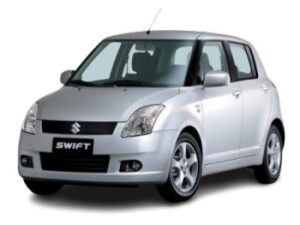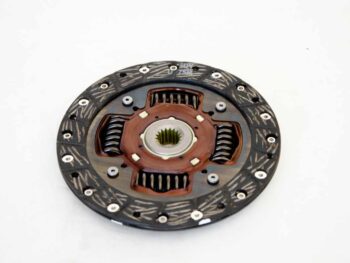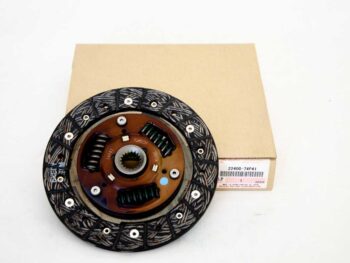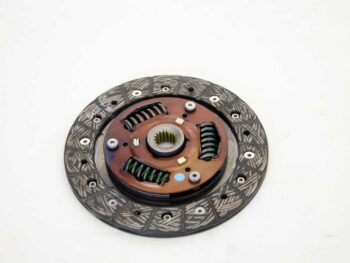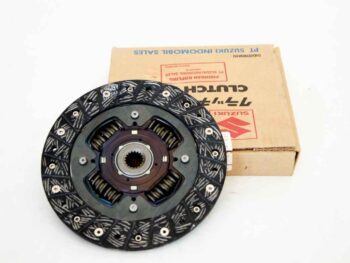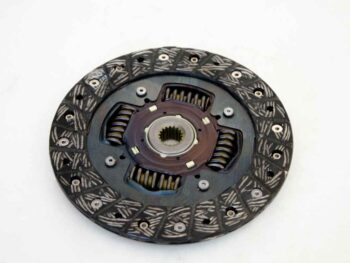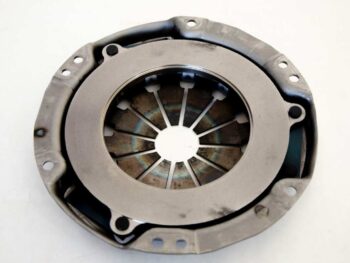 Car Accessories84 products
Car Accessories84 products Car Care Products8 products
Car Care Products8 products Car Cushions2 products
Car Cushions2 products Car Dashboard Cover3 products
Car Dashboard Cover3 products Car Door Visor6 products
Car Door Visor6 products Car Floor Mat3 products
Car Floor Mat3 products Car Glass Wash Accessories1 product
Car Glass Wash Accessories1 product Car Mudguards7 products
Car Mudguards7 products Car Seat Cover10 products
Car Seat Cover10 products- Car Sprays3 products
 Car Steering Cover4 products
Car Steering Cover4 products Car Top Covers6 products
Car Top Covers6 products Car Wax Polish4 products
Car Wax Polish4 products Mobility Kit1 product
Mobility Kit1 product Snow Chain1 product
Snow Chain1 product Wheel Covers12 products
Wheel Covers12 products
 Car Body Parts154 products
Car Body Parts154 products Car Bumpers9 products
Car Bumpers9 products Car Dashboards3 products
Car Dashboards3 products Car Doors26 products
Car Doors26 products Car Grills10 products
Car Grills10 products Car Handles14 products
Car Handles14 products Car Hoods3 products
Car Hoods3 products Car Horn Pads2 products
Car Horn Pads2 products Car Interior Parts11 products
Car Interior Parts11 products Car Mirrors19 products
Car Mirrors19 products Car Side Body4 products
Car Side Body4 products Car Spacers4 products
Car Spacers4 products Car Trunks2 products
Car Trunks2 products Car Wiper Blades1 product
Car Wiper Blades1 product Car Wipers3 products
Car Wipers3 products Fender8 products
Fender8 products- Ishara Pillars2 products
 Car Electrical Parts112 products
Car Electrical Parts112 products Car Engine Oil & Lubricants128 products
Car Engine Oil & Lubricants128 products Coolant10 products
Coolant10 products Differential Oil1 product
Differential Oil1 product Engine Oils109 products
Engine Oils109 products Gear Oil7 products
Gear Oil7 products
 Honda45 products
Honda45 products- Hyundai13 products
- KIA7 products
 Mechanical/engine119 products
Mechanical/engine119 products Car AC Filter2 products
Car AC Filter2 products Car Air Filter14 products
Car Air Filter14 products Car Brake Fluid4 products
Car Brake Fluid4 products Car Brake Pads14 products
Car Brake Pads14 products Car Brake Shoe4 products
Car Brake Shoe4 products Car Cables11 products
Car Cables11 products- Car Carburetors3 products
 Car Clutch Plate3 products
Car Clutch Plate3 products Car Disc1 product
Car Disc1 product- Car Engine Coils2 products
- Car Fuel Pumps3 products
 Car Radiators10 products
Car Radiators10 products Front Shocks2 products
Front Shocks2 products Oil Filter8 products
Oil Filter8 products Pressure Plate4 products
Pressure Plate4 products Spark Plug7 products
Spark Plug7 products Suspension9 products
Suspension9 products
 MG7 products
MG7 products- Mitsubishi2 products
- Nissan4 products
 Suzuki242 products
Suzuki242 products- Toyota95 products
Sort by
Pressure Plate – New Alto
₨ 25,111
Pressure Plate – New Alto AGS
₨ 25,724
Pressure Plate – Wagon R
Wagon R, 2014-2017, Mechanical/engine, Pressure Plate, Suzuki, Wagon R AGS, Wagon R VXL, Wagon R VXR
Pressure Plate – Swift
₨ 25,111
Car Pressure Plate
A pressure plate is a critical component of a car’s clutch system. It is located between the clutch disc and the flywheel and is responsible for applying pressure to the clutch disc, thereby engaging and disengaging the engine power from the transmission. When the driver depresses the clutch pedal, the pressure plate releases the pressure on the clutch disc, allowing for smooth gear changes. When the clutch pedal is released, the pressure plate applies pressure on the clutch disc, transferring engine power to the transmission and enabling the vehicle to move.
How often should the pressure plate be replaced?
The lifespan of a pressure plate can vary depending on various factors, including driving conditions, driving style, and the quality of the clutch components. Generally, a pressure plate can last between 75,000 to 100,000 miles or more. However, it is important to note that the replacement interval for the pressure plate may vary depending on the vehicle’s make, model, and usage. It is recommended to consult the vehicle’s owner’s manual or seek advice from a qualified mechanic to determine the specific replacement interval for your car’s pressure plate.
What are the signs of a worn-out or faulty pressure plate?
There are several signs that may indicate a worn-out or faulty pressure plate. One common symptom is a slipping clutch, where the engine revs increase without a corresponding increase in vehicle speed. This can occur when the pressure plate is unable to apply sufficient pressure to the clutch disc. Other signs may include difficulty shifting gears, a vibrating clutch pedal, or a clutch pedal that feels spongy or engages at an abnormal position. If you experience any of these symptoms, it is advisable to have the pressure plate inspected by a qualified mechanic to determine if replacement is necessary.
Can I replace the pressure plate myself, or should I seek professional help?
Replacing the pressure plate requires specialized knowledge and tools, making it a complex task that is best left to professionals. It involves removing the transmission and disassembling the clutch assembly. Furthermore, precise adjustments and proper alignment are crucial during the installation process to ensure optimal clutch performance. Therefore, it is highly recommended to seek professional help from a qualified mechanic or an automotive service center experienced in clutch system repairs. They have the expertise to properly diagnose pressure plate issues, select the appropriate replacement, and ensure proper installation for reliable clutch operation.
Are there different types of pressure plates available for cars?
Yes, there are different types of pressure plates available for cars, and the specific type required depends on the vehicle’s make, model, and clutch system design. Pressure plates can vary in terms of their size, design, and clutch engagement characteristics. Some pressure plates may be designed for stock or standard applications, while others are engineered for high-performance or heavy-duty use. It is important to use the correct pressure plate specified for your vehicle to ensure compatibility, proper clutch engagement, and reliable performance.
Regular inspection and maintenance of the pressure plate are crucial for ensuring smooth and reliable clutch operation. If you have any concerns or questions regarding the pressure plate or the clutch system in your vehicle, it is best to consult a qualified mechanic or automotive expert for guidance and assistance.






